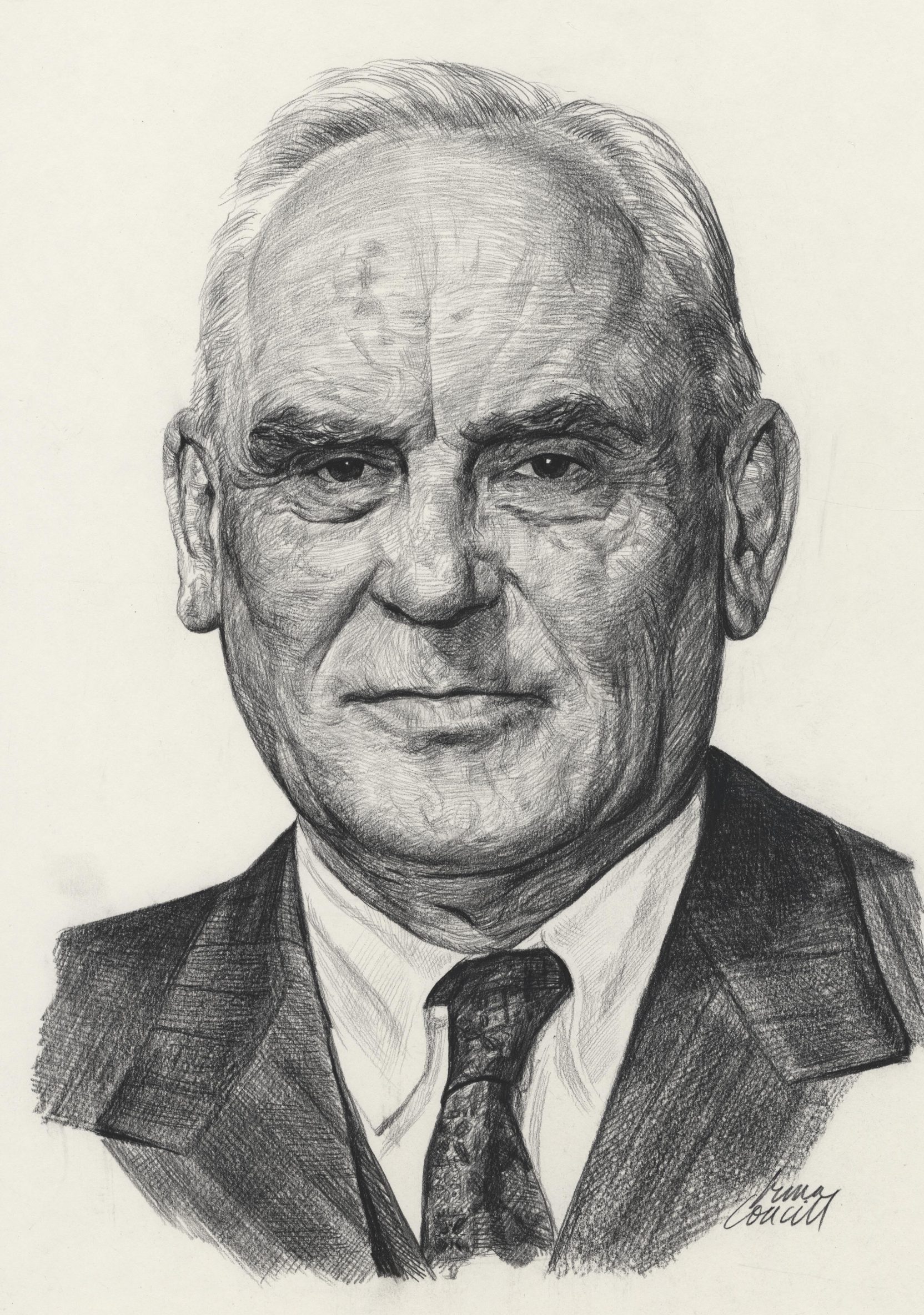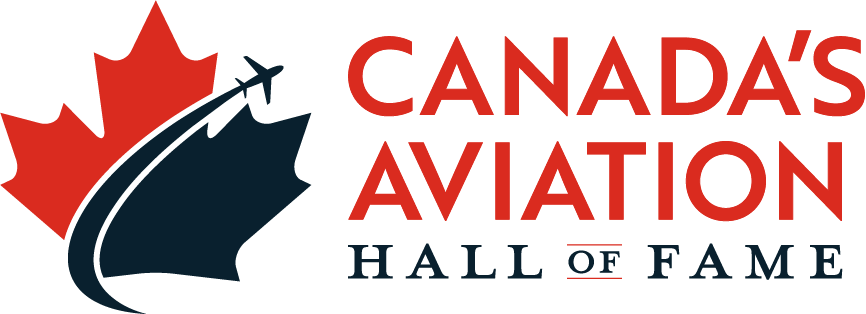Clarence Decatur Howe

Nickname: C.D.
Birth Date: January 15, 1886
Birth Place: Waltham, Massachusetts, USA
Death Date: December 31, 1960
Year Inducted: 1976
Awards: DSc (Hon); LLD (Hon); Medal of Merit (USA); The Award of Merit (AICI); The Hoover Medal (USA); The Daniel Guggenheim Medal (USA); RCFCA Gold Medal
The unselfish application of his engineering skills and qualities of leadership and determination as a servant of the Nation, and more especially his successful efforts to give birth to a national airline and create a viable aircraft industry, have been of outstanding benefit to Canadian aviation
Moving to Canada
Clarence Decatur Howe, P.C., B.Sc., D.Sc.(Hon), LL.D.(Hon), was born in Waltham, Massachusetts, U.S.A., on January 15, 1886. He graduated with a B.Sc. degree from the Massachusetts Institute of Technology in 1907 and remained on the faculty as an Assistant Professor of Engineering. The following year he came to Canada and served as Professor of Civil Engineering at Dalhousie University, Halifax, Nova Scotia, from 1908 to 1913. He became a Canadian citizen in 1913.
C.D. Howe and Company
In 1916 he formed C.D. Howe and Company, consulting engineers, at Port Arthur, Ontario. This firm designed grain terminals, wharves, factories and other works in Canada, the United States and later, in Argentina. During that period he also designed the Howe Car Dumper to replace the unloading of grain from railway cars by hand. Howe became Chief Engineer for the Board of Grain Commissioners of Canada and in that capacity designed most of the government's largest grain elevators.
Creating the Department of Transport
In 1935 Howe was elected to the House of Commons representing the constituency of Port Arthur and was immediately named to Prime Minister Mackenzie King's cabinet, being appointed Minister of Railways and Canals, and Minister of Marine. He united both departments into one Department of Transport in 1936, reorganized the administration of Canadian National Railways, and established the National Harbours Board. He fashioned the Canadian Broadcasting Corporation from the former Canadian Radio Commission.
Establishing TCA
In 1937 Howe established Canada's first transcontinental airways system, Trans-Canada Airlines (TCA). On July 30th, he was one of the government officials who were passengers on the first pre-inaugural inspection flight of Trans-Canada's Airlines' routes, checking airport sites selected by J.H. Tudhope and Bob Dodds. This was known as the 'Dawn to Dusk' flight on a Lockheed 12A piloted by Tudhope. The flight took 14 hours of actual flying time and followed the route from Montreal to Vancouver, British Columbia, a distance of some 2,550 miles (4,103 km). The purpose of this flight was to show that the airway was a practicable proposition, and could be developed in the near future.
At the outbreak of World War II, Howe was made responsible for the War Supply Board, which was subsequently replaced by the Department of Munitions and Supply, which he headed with the title of Minister.
The chain of airports that Howe had established across Canada to support the services of TCA proved invaluable to the British Commonwealth Air Training Plan (BCATP), which, beginning in 1940, helped train many thousands of Allied air crew for World War II. During the wartime period he also undertook the construction of Dorval International Airport at Montreal, and established the Canadian Government Trans-Atlantic Air Service (CGTAS).
Promotions and Recognitions
During the war, the production of aircraft increased from 250 a year to 4,000. At war's end, government-owned companies were turned over to private enterprise to ensure the viability of the Canadian aircraft industry. After the war Howe assumed the title of Minister of Reconstruction and led Canada's wartime industry into a prosperous peacetime era. In 1948 he was named Minister of Trade and Commerce, followed by appointment as Minister of Defence Production in 1951. He served the governments of Mackenzie King and Louis St. Laurent continuously from 1935 to 1957.
Howe's numerous honours include appointment to the Imperial Privy Council (P.C.) in 1946, the Medal of Merit awarded by the American government in 1947, the Award of Merit of the American Institute of Consulting Engineers (AICI), the Hoover Medal, the Daniel Guggenheim Medal for contributions to aviation progress. In 1960 he was awarded the gold medal of the Royal Canadian Flying Clubs Association for meritorious service to the flying club movement. From 1957 until his death, Howe was Chancellor of Dalhousie University.
During more than two decades in government, C.D. Howe served in many Cabinet posts, often concurrently earning him the nickname 'Minister of Everything'. He was considered to be one of the most powerful people in the government at that time.
He died in Montreal, Quebec, on December 31, 1960.
Clarence Decatur Howe was inducted as a Member of Canada's Aviation Hall of Fame in 1976 at a ceremony held in Edmonton, Alberta.
To return to the Inductee Page, please click here.
